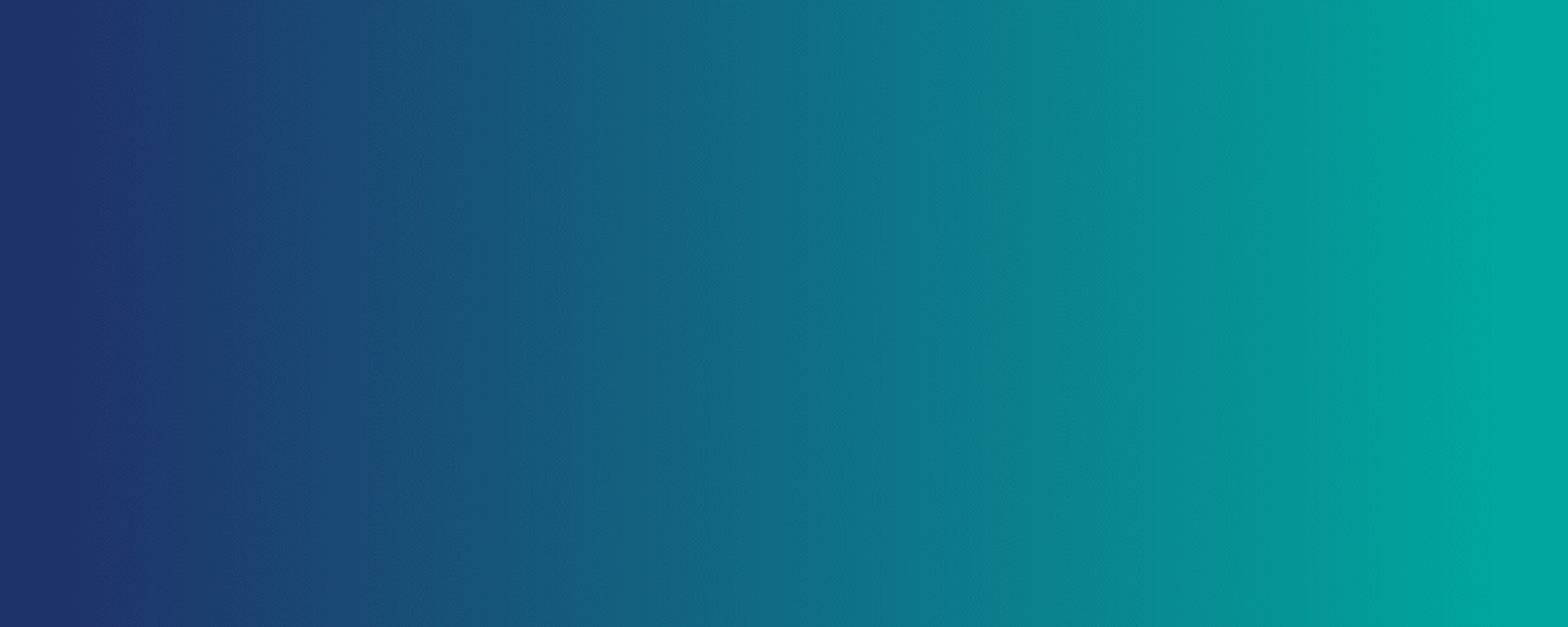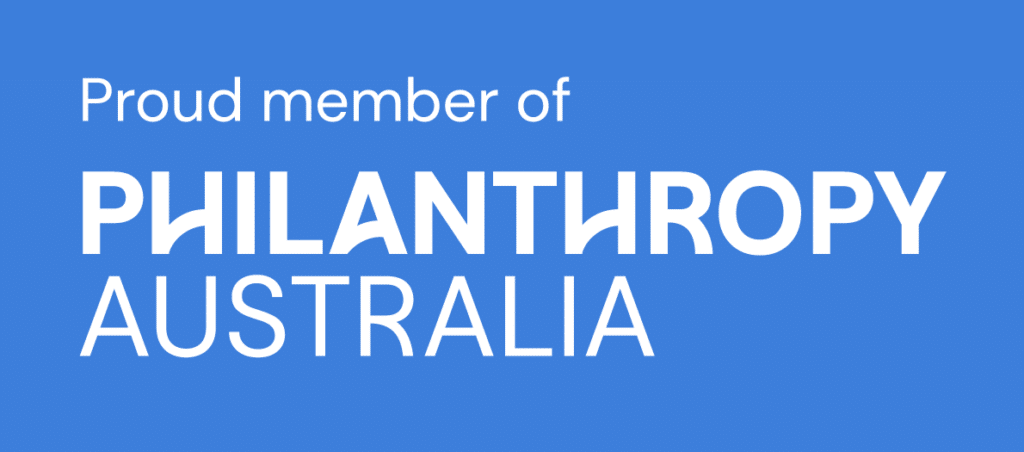How Communities Can Work Together to Reduce Teenage Drug Misuse
Adolescence is a time of discovery, but it’s also when many young people may experiment with alcohol or other drugs. Without guidance and support, this experimentation can turn into harmful patterns that put health, relationships, and education at risk. Addressing teenage drug misuse is not the responsibility of one group alone; it takes families, schools, community organisations, and support services working together.
The Role of Families
Families are often the first line of defence. By building strong, open relationships and keeping communication honest, parents and caregivers can create an environment where young people feel safe discussing difficult issues. Signs of teenage drug misuse can sometimes be subtle – changes in mood, behaviour, or social groups – but recognising them early can prevent escalation.
Schools as Safe Spaces
Schools play a key role in prevention and early intervention. Teachers and counsellors are often the first to notice when a student is struggling. By promoting wellbeing programs, drug education, and access to trusted services, schools can equip young people with the knowledge and resilience they need. Partnerships between schools and youth support organisations can also make it easier for students to seek help confidentially.
Community organisations and services
Local community groups and youth organisations are vital in addressing teenage drug misuse. They provide safe activities, mentoring, and pathways to support for young people who might otherwise feel isolated.
Sir David Martin Foundation funds Mission Australia’s Triple Care Farm, a youth-specific program that includes Withdrawal, Rehabilitation, and Aftercare. While these programs provide professional help for those already struggling, community awareness and involvement can help reduce the number of young people reaching crisis in the first place.
Working Together for Better Outcomes
When families, schools, and community organisations collaborate, they create a stronger safety net. This means:
- Early awareness: conversations that start before problems escalate.
- Stronger connections: young people knowing they have adults and peers who care.
- Clear pathways: access to professional services like Withdrawal, Rehabilitation, and Aftercare.
How You Can Help in Your Community
Reducing teenage drug misuse is everyone’s responsibility. Simple steps can make a difference:
- Support local youth programs.
- Encourage schools to promote drug and alcohol education.
- Share resources such as the youth support services page.
- Donate to ensure more young people can access specialised care when they need it most.
You can also use our conversation starter toolkit to help begin meaningful discussions about alcohol and drug use.
FAQs
How can communities help reduce teenage drug misuse?
By working together through schools, families, and local organisations, communities can provide education, safe activities, and pathways to professional support.
What are some early signs of teenage drug misuse?
Changes in mood, behaviour, or social circles, withdrawal from family, and a sudden drop in school performance can all be indicators.
Why are youth-specific services important?
Young people need age-appropriate support that considers their stage of development, mental health needs, and education or employment goals.
Where can teenagers or families find support?
Sir David Martin Foundation provides access to youth-specific programs like Triple Care Farm, as well as a list of resources and helplines.
Conclusion: A Community Effort
Teenage drug misuse does not happen in isolation, and neither should the response. By working together, families, schools, and communities can reduce risks, provide safe alternatives, and connect young people with the support they need. Collective action gives vulnerable young Australians the best chance to grow up with safety, hope, and opportunity.
Are you or someone you know aged 16–24 and facing challenges with drugs or alcohol? Apply to the Triple Care Farm program or call the National Alcohol & Other Drug Hotline on 1800 250 015. You can also get in touch to donate today to help young Australians access vital support.








